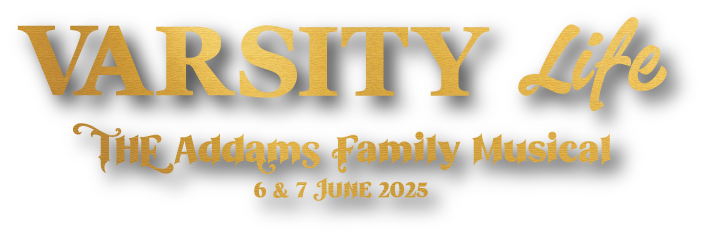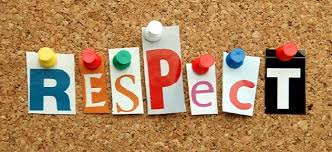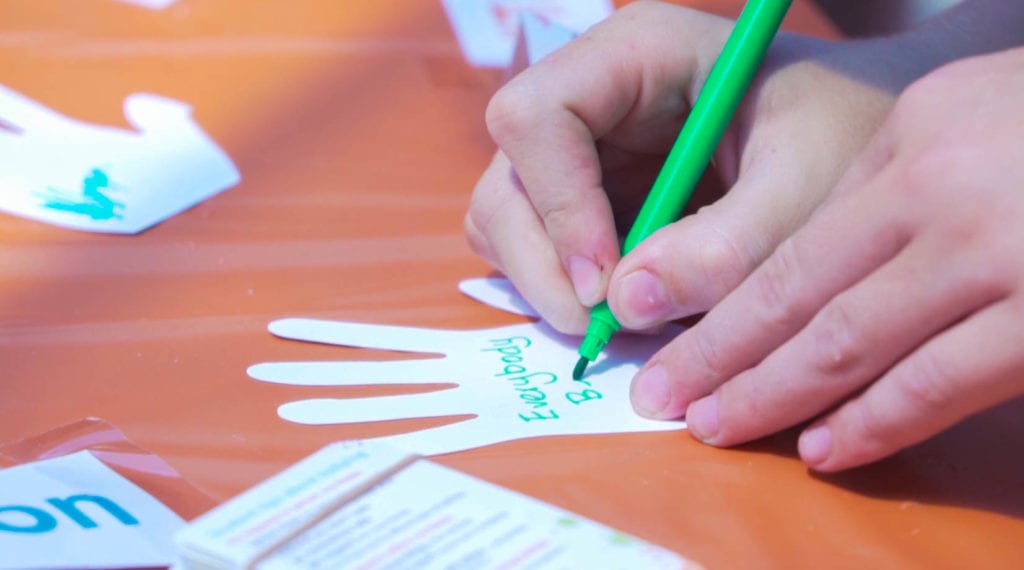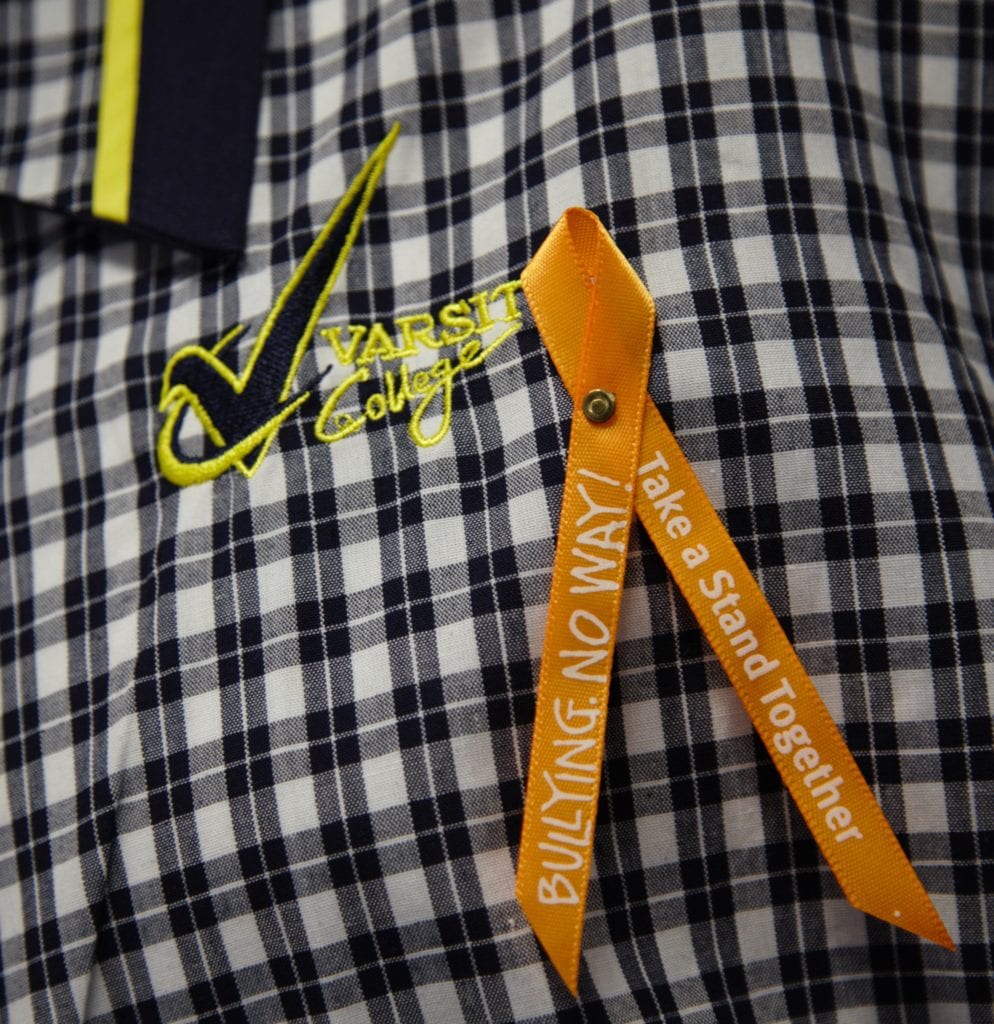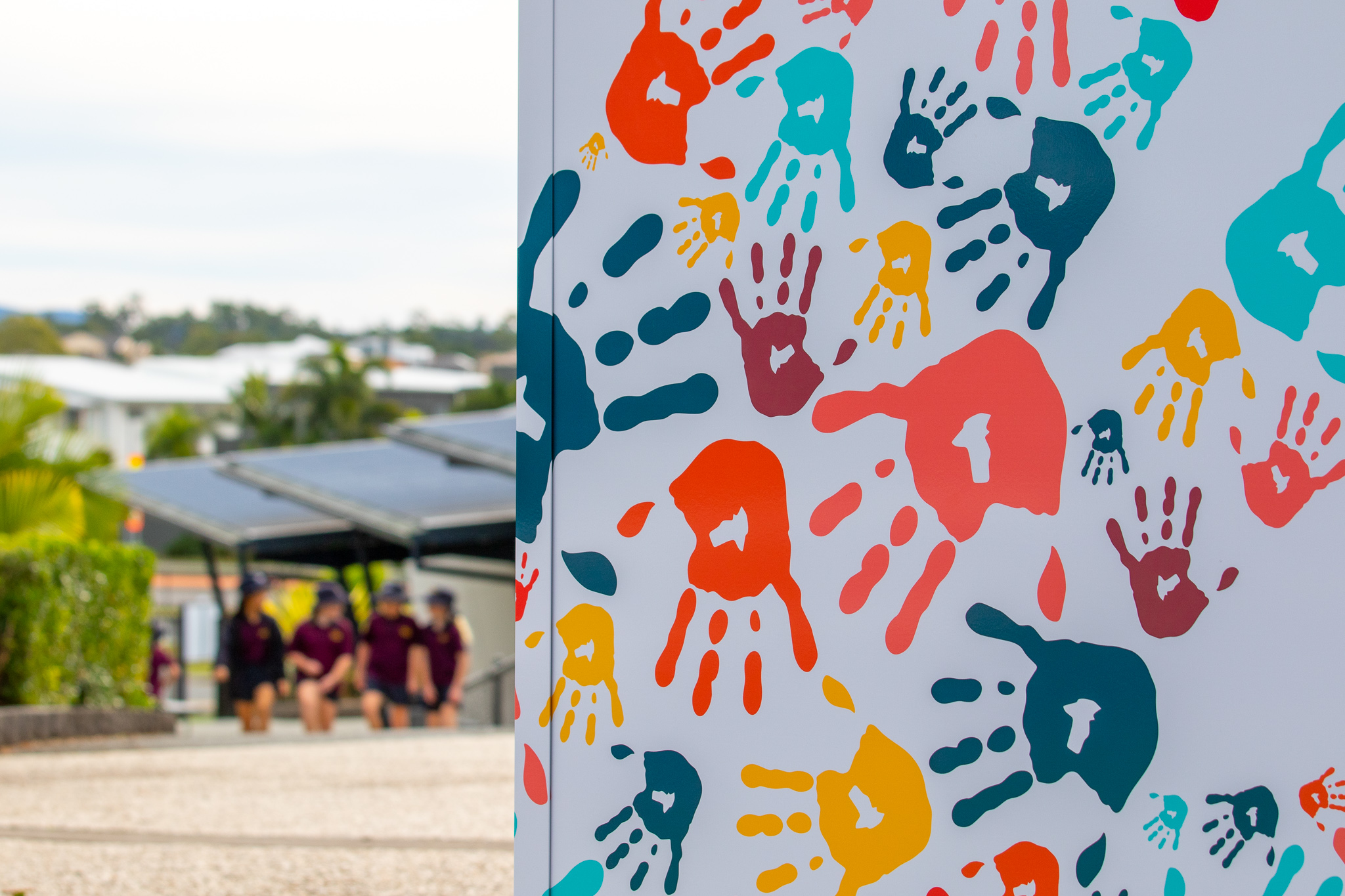The Respectful Relationships Education Program (RREP), supported by the Department of Education, is focused on influencing behaviour change to prevent undesirable social consequences. This is achieved through challenging attitudes about violence and gender construction known to lead to violence while also supporting students to develop pro-social behaviours that lead to equitable and respectful relationships. A strengths-based approach underpins the development of respectful relationships knowledge and skills.
What will students learn?
By implementing the RREP, our students will have the opportunity for social and emotional learning in self-awareness, self-management, social awareness, relationships, ethics, values, social norms, stereotypes, human rights, risk and responsible decision-making. A growing body of evidence shows that social and emotional learning of this nature leads to:
- improved social and emotional skills, self-concept, bonding to school and classroom behaviour
- less disruptive classroom behaviour, aggression, bullying and delinquent acts
- reduced emotional distress such as depression, stress or social withdrawal.
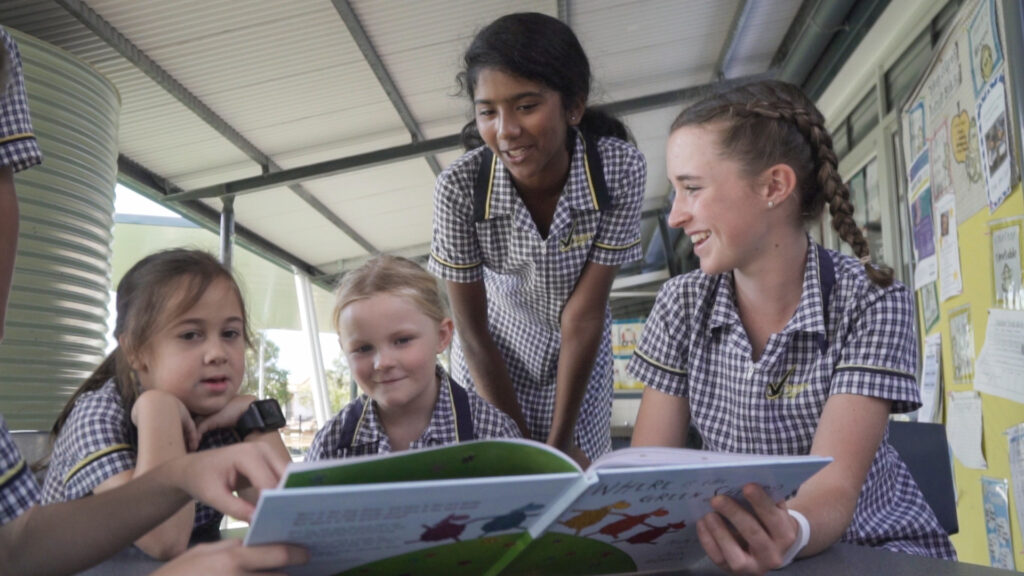
Our students face complex life decisions in a rapidly changing environment. They interact with their peers and technology, and require skills to manage online identities and interactions. They examine and address areas related to themselves, their families and communities. In the RREP students learn how to take positive action to enhance their own and others’ health, safety and wellbeing. They examine the nature of their relationships and other factors that influence people’s beliefs, attitudes, opportunities, decisions, behaviour’s and actions. They reflect on the personal and social skills needed to maintain a positive outlook and evaluate behavioural expectations in different leisure, social and online situations.
Resources for parents to reinforce learning at home are also available. To support your children as they learn about respectful relationships you may like to access and use the following resources:
Understand what’s going on (Beyondblue)
Headspace (National Youth Mental Health Foundation)
Kids HelplineTeens (cybersmart)Welcome (Kids Helpline)Bullying. No Way!
Assertiveness (Better Health Channel, State Government of Victoria)
Groups in your community (Queensland Government)
